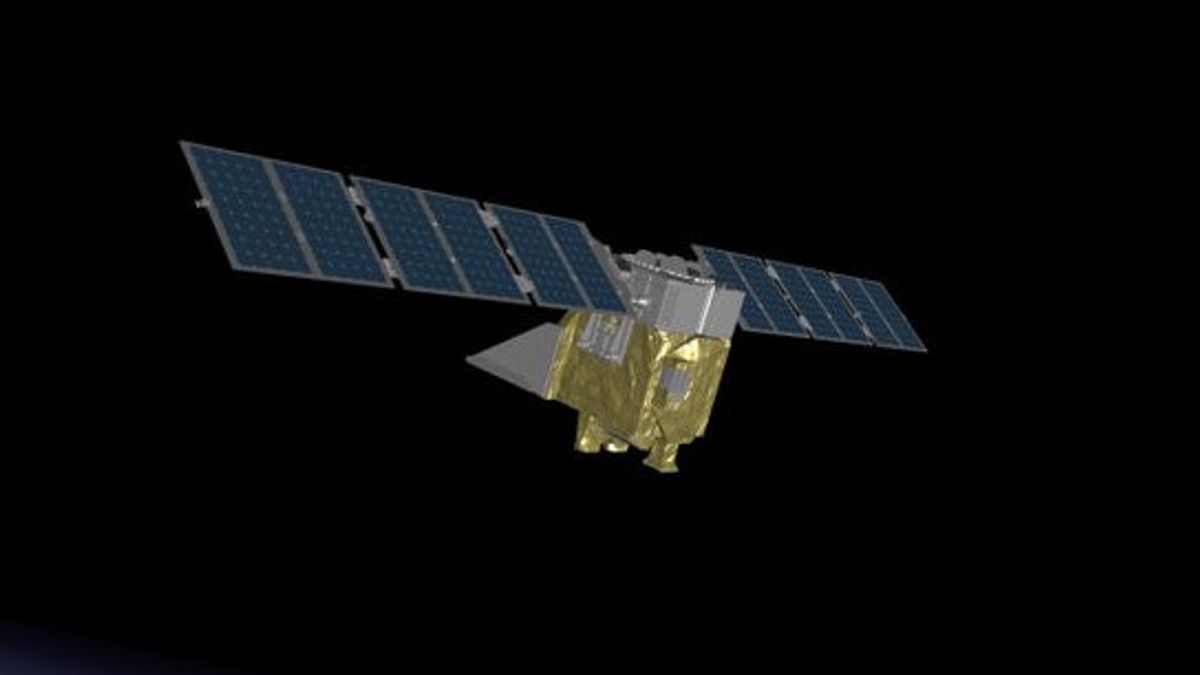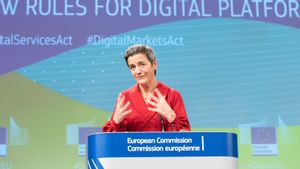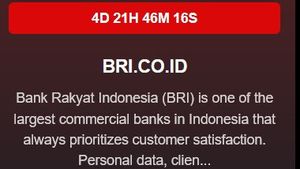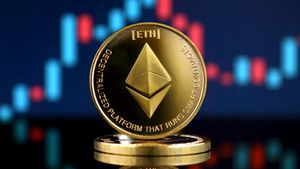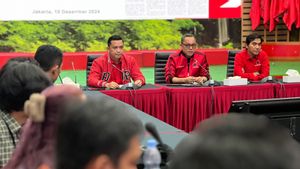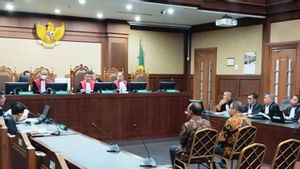JAKARTA - The new MethaneSAT satellite powered by Alphabet Inc., the parent of Google and the Environmental Defense Fund group launched from California on Monday 4 March. This satellite mission is to determine the methane emissions of the oil and gas industry from space.
MethaneSAT will add an increasing fleet of satellites in orbit intended to help combat climate change by publishing data on invisible but powerful greenhouse gas emissions.
IT'S GO TIME 🚀 🛰️https://t.co/urjEm1CsLu
— MethaneSAT (@MethaneSAT) March 4, 2024
IT'S GO TIME 🚀 🛰️https://t.co/urjEm1CsLu
Although the European Space Agency and other satellite-based tracker GHGSat already provide methane emission data, MethaneSAT will provide more details and have a much wider field of view, its supporters say.
Environmental Defense Fund (EDF) said the data would hold more than 50 oil and gas companies pledged at a COP28 climate meeting in Dubai in December 2023 to remove methane emissions and eliminate routine gas burning, and help those preparing to comply with future methane regulations in the EU and US, including the cost of methane pollution.
"We will be able to see who is left behind, but hopefully they will use the information constructively to improve its performance," said Mark Brownstein, senior vice president for the energy transition at EDF.
SEE ALSO:
According to EDF, MethaneSAT was jointly developed with the New Zealand Space Agency and Harvard University, among others, and the data it produces will be publicly available by the end of this year. Google Cloud will provide computational capabilities to process the information.
methane emissions - which come from the production of oil and natural gas, agricultural waste, and landfill areas - are much stronger than carbon dioxide as greenhouse gases.
The oil industry group American Petroleum Institute said emission data from third parties should not be used for regulatory purposes without verification.
"Environment control will still be the main thing here as the authority in terms of data validation," said Aaron Padilla, vice president of API company policy.
The English, Chinese, Japanese, Arabic, and French versions are automatically generated by the AI. So there may still be inaccuracies in translating, please always see Indonesian as our main language. (system supported by DigitalSiber.id)
